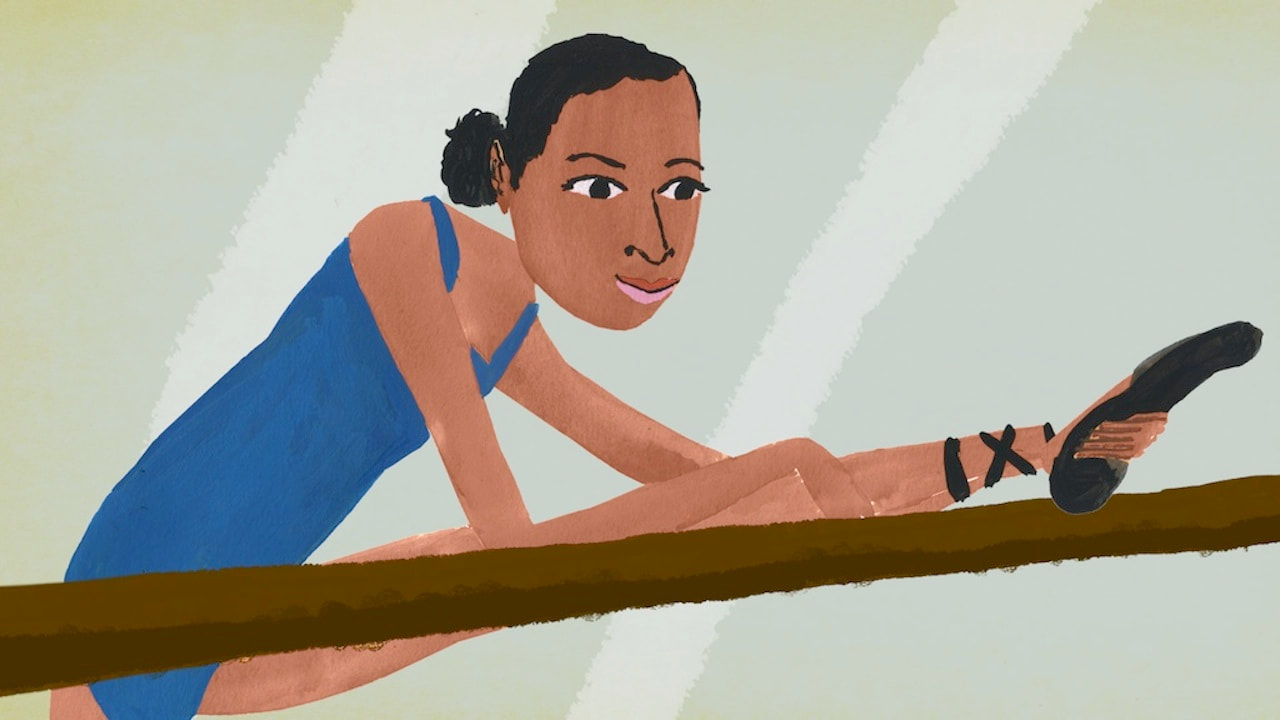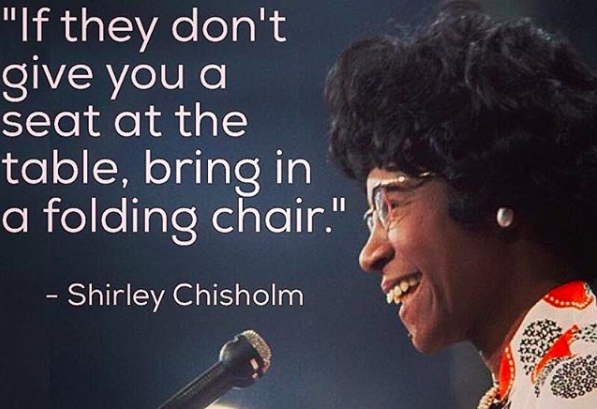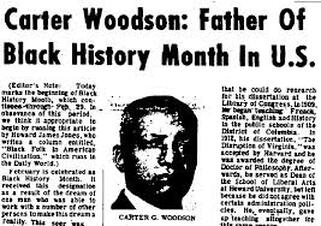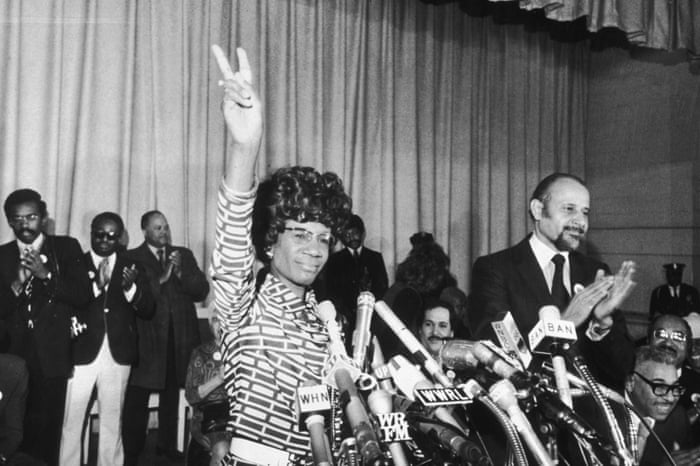|
Did you know that one of the reasons Black History Month sits in February is because President Abraham Lincoln’s birthday also sits in this month? Founded in 1926 as “Negro History Week,” this annual celebration was set to take place during the second week of February because President Lincoln’s birthday was February 12th and Frederick Douglass’s birthday was on February 14th. Both of these birthdays held significance in Black communities’ due to the work of Douglass and Lincoln signing the Emancipation Proclamation freeing African Americans from slavery. Another lesser-known fact -- Frederick Douglass was the first African American to run for president. While the origins on Black History Month and its ties these birthdays hold significance, there are many more strides in Black History to celebrate on this day. Today, we focus on pioneer, Shirley Chisholm.
Born in Brooklyn, New York, Chisholm was the oldest daughter of Charles and Ruby St. Hill. A talented debater, her professors at Brooklyn College encouraged her to consider a political career but she showed hesitance. Chisholm knew she’s faced challenges among the nation’s political leaders. She didn’t look like them. She was a double minority – a black woman.
Today, we know of many double minorities who have strived to and succeeded in opportunities that aren’t easy to achieve. We have shared the stories of Janet Collins, the first Black prima ballerina to perform at The Met and the brave Bessie Coleman who had to leave the country in order to earn her pilot’s license. Like these two prolific women, Shirley Chisholm knew how hard the road would be ahead of her. After initially working as a school teacher, Chisholm joined local chapters of the League of Women Voters, the NAACP, Democratic Party club and Urban League. In 1964, she ran for and became the second African American in the New York State Legislature followed by her winning a seat in Congress in 1968 – the first African American woman to do so. During her tenure, Chisholm introduced more than 50 pieces of legislation and championed racial and gender equality and fighting to end the Vietnam War. During her time as a congresswoman, Chisholm co-founded the National Women’s Political Caucus, helped form the Black Caucus and became the first Black woman and second woman to ever serve on the House Rules Committee.
With all of her accomplishments, when Chisholm decided to run for the Democratic Party’s presidential nomination, much discrimination followed. She was blocked from participating in televised primary debates to which she had to take legal action resulting in her just making one speech. Chisholm retired from Congress in 1983 after serving seven terms. Upon retirement from her political roles, Chilholm turned her focus back to teaching but this time at Mount Holyoke College. See below to learn more about the significance of Chisholm's legacy.
1 Comment
|
Sweet BlackberryBlog Archives
May 2024
Categories |
Sign up for our newsletter!We'd love to keep you updated on our latest projects, partnerships and initiatives.
|
|
Our Mission |
Get Involved |
Activities |
Quick Links |
Sweet Blackberry © 2021. All rights reserved.





 RSS Feed
RSS Feed